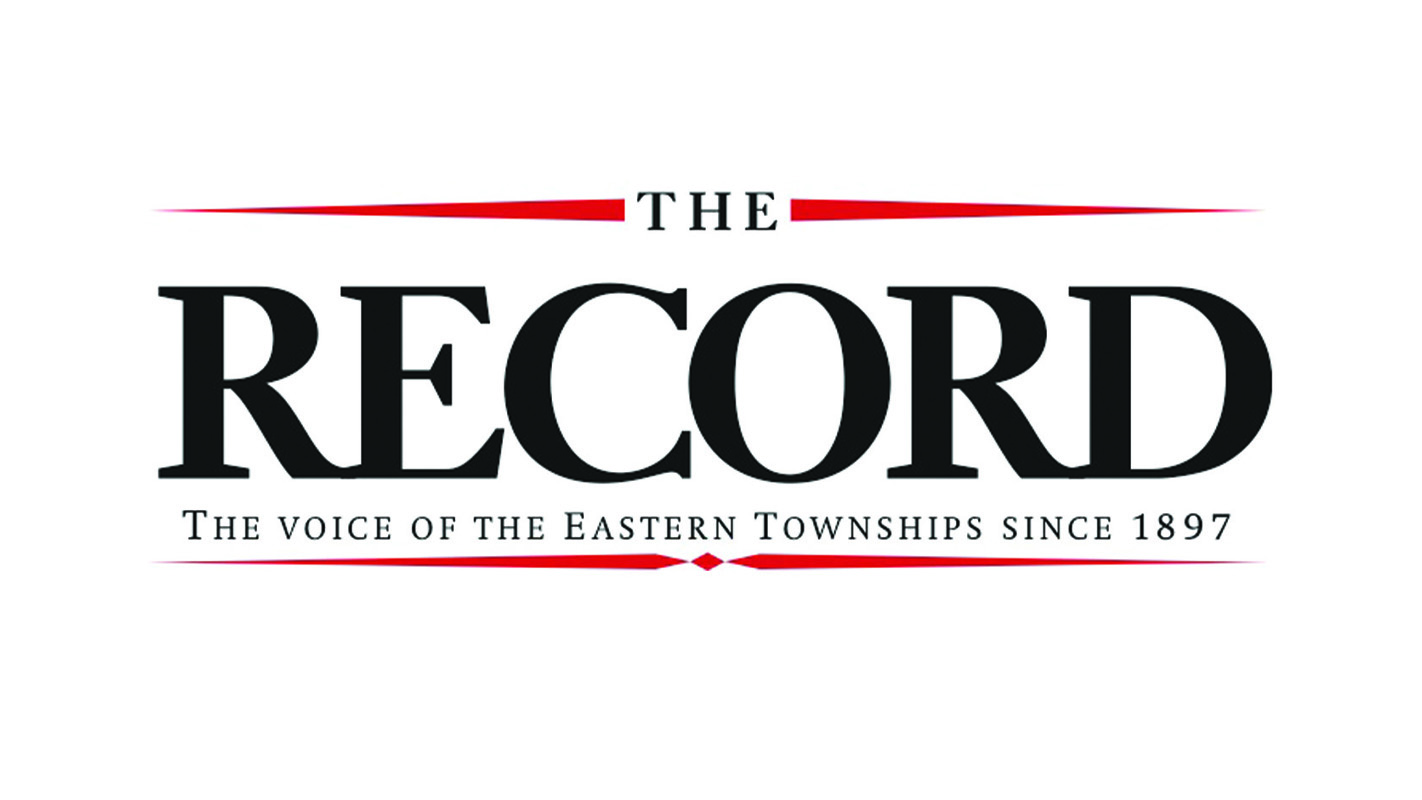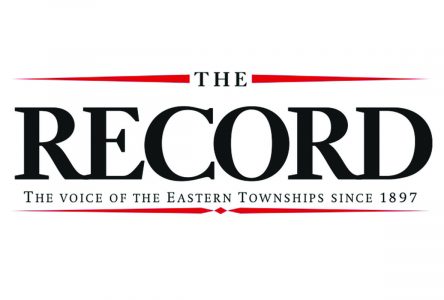Bishop’s fights for future under Quebec’s proposed cap on international students
By William Crooks
Local Journalism Initiative
In the wake of Quebec’s Bill 74, which proposes limits on international student enrollments, Bishop’s University finds itself grappling with uncertain prospects for student recruitment and financial sustainability. In a Nov. 8 interview, Bishop’s Principal and Vice-Chancellor Sébastien Lebel-Grenier shared his concerns over the potential impact of these restrictions on his institution, particularly in light of recent enrollment and funding challenges that have already hit the university hard.
The timing of Bill 74, which would give the Quebec government discretionary power to cap international student numbers, is especially problematic, says Lebel-Grenier, given that Bishop’s has seen a sharp 27.7 per cent drop in its international student population this year. This decline contributes to a projected $1.6 million deficit, one that could grow as the cap on international students jeopardizes the university’s enrollment-driven revenue. “We’re already in a difficult position,” he said, emphasizing the need for careful financial management to protect the student experience, which remains Bishop’s highest priority despite these fiscal strains.
The financial hit comes from two primary sources: decreased recruitment numbers and a new funding formula. The sudden changes have left Bishop’s and other Quebec universities scrambling to adapt. “What we’re seeing now is a situation where we’re investing a lot more effort to recruit students, yet our results are weaker,” said Lebel-Grenier. The financial gap, which government funds are not expected to fill, could mean further tough decisions ahead. While Lebel-Grenier refrained from specifying potential budget cuts, he acknowledged that reducing expenditures may be unavoidable as Bishop’s seeks to stabilize its finances.
During a recent presentation to Quebec’s National Assembly, Lebel-Grenier highlighted that Bishop’s, one of Quebec’s smallest universities with 417 international students, relies on these students to enrich both its campus environment and the broader Lennoxville community. The institution, committed to a liberal arts model, sees international diversity as core to its mission. Lebel-Grenier argued that limiting this diversity threatens the very foundation of Bishop’s educational philosophy. The liberal education Bishop’s offers depends on varied student backgrounds, which enrich academic discussion and peer-to-peer learning.






